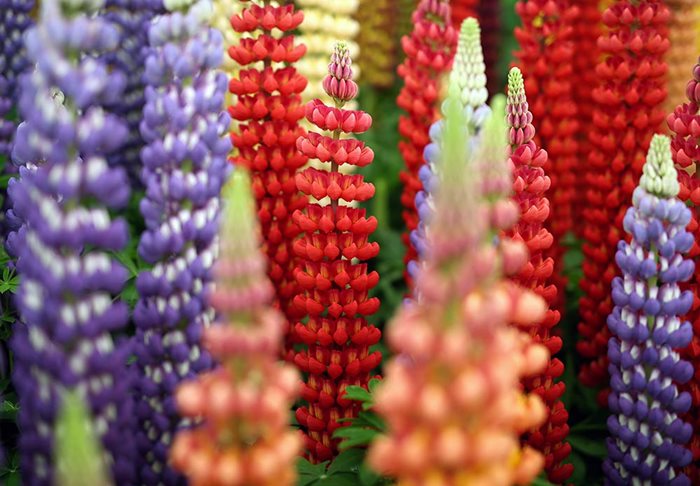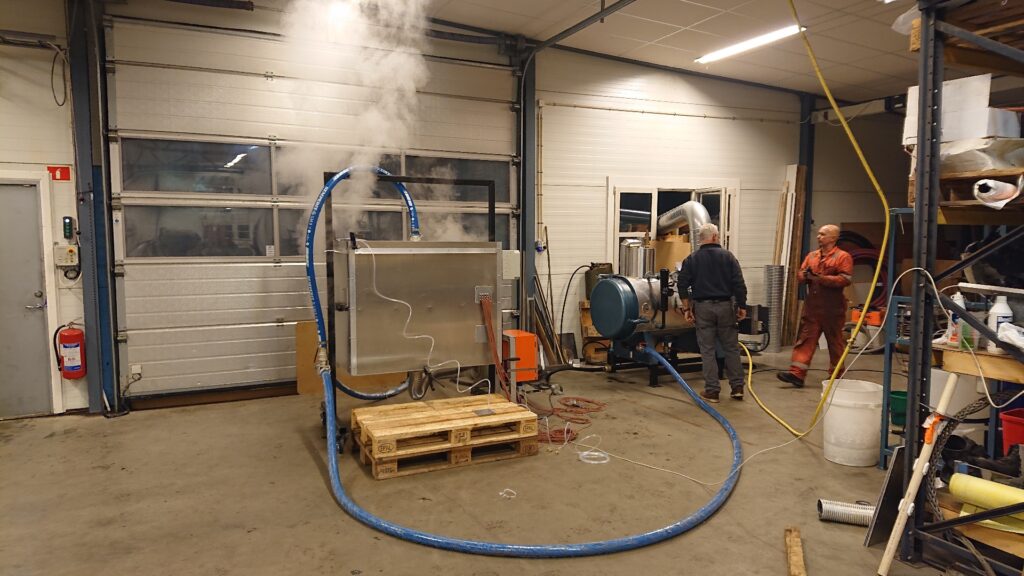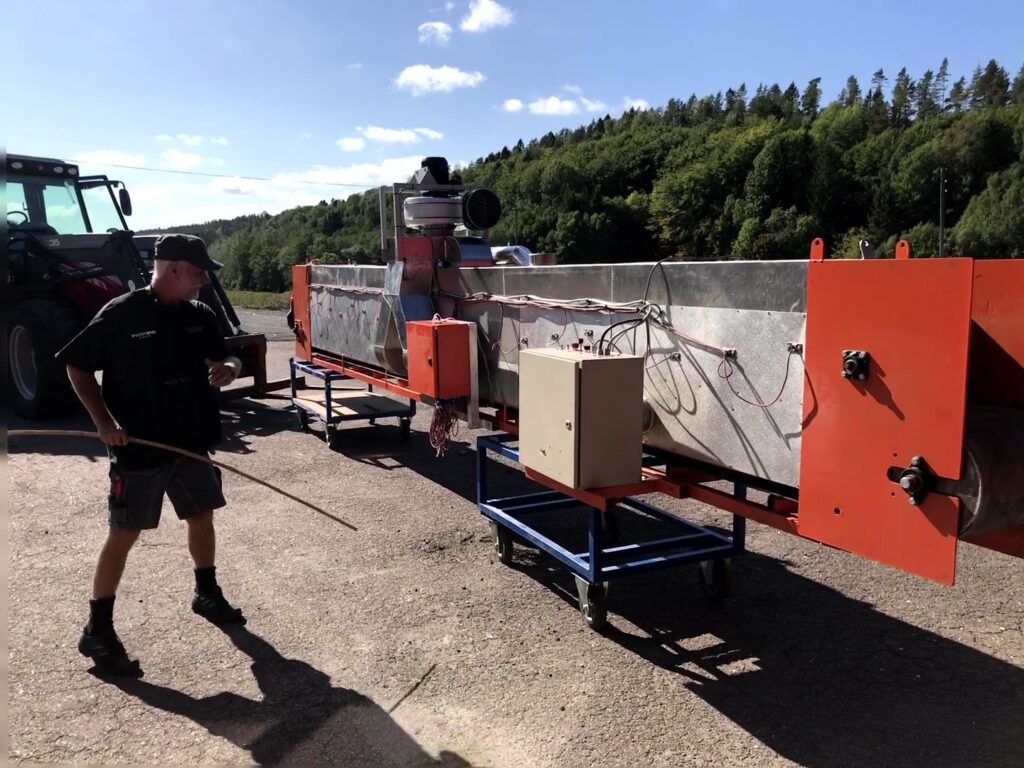New challenge for Soil Steam International AS
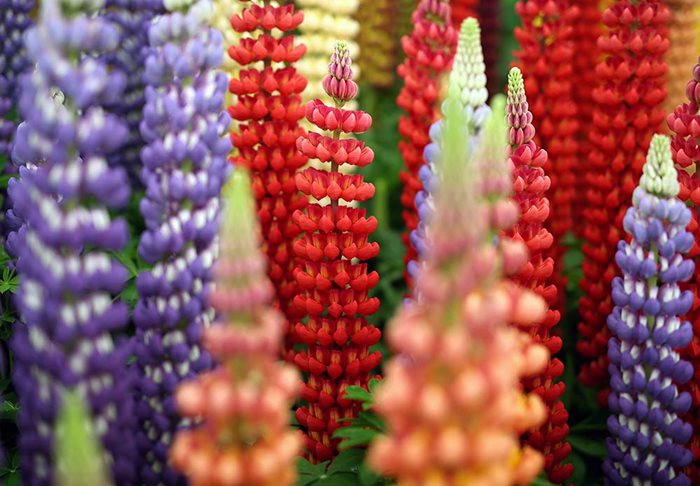
In the fall of 2018, we are contacted by Nibio (Norsk Institutt for Bioøkonomi). They have some big customers that have big problems with soil with alien species. To understand this problem, we must give you some information on what alien species is. As we are living in a global world, people and goods travel across the world constantly. This means also that many kinds of animals and plants (seeds) follows, either by purpose or by accident. Many years ago, Lupiner was planted along railroads in Norway. The reason was that it looked nice and that it also is good for binding sand. Lupine had no enemies in Norway and the consequence was that it spread over large areas very fast. When a plant like this spread, there are other plants which are exterminated, which is a big problem. Therefore, Lupiner is categorized as alien species in Norway. There are 242 alien species that are categorized as very dangerous and the plants count for more than 50% of them (129) These plants and seeds count for extreme costs within construction and building of roads and railroads. Therefore, Nibio wonders if it is possible to use our technology in order to pasteurize the soil and kills these alien species and reuse the soil instead of degrading it. If you want to build roads, railroads, or buildings, you always must check if there are alien species in the soil first, and here are common that you find them there. When you do, the laws force you to degrade this soil to avoid the spread of the alien species. This practice is extremely expensive and not sustainable… and we can do something about it…
As a small company this is a very difficult question. Most experienced entrepreneurs would recommend us to focus on our mobile machine for agriculture. On the other hand, we have a big market with a fantastic potential and a great demand for this new equipment also. It is very difficult to say what’s right or wrong. 1 year later I am still not sure if we did right or wrong, but we could to resist… we had to try to help them. One of the reasons was that we could use the same technology as we already are using on the mobile machine, but as this machine is a stationary machine that you feed the soil into, it is much easier for us to make, when it is not moving.
Many people will say it is madness. We had a company of 7 founders where only 1 were working full time and the others were working part time. We have now decided to make 2 machines that no one have made before.
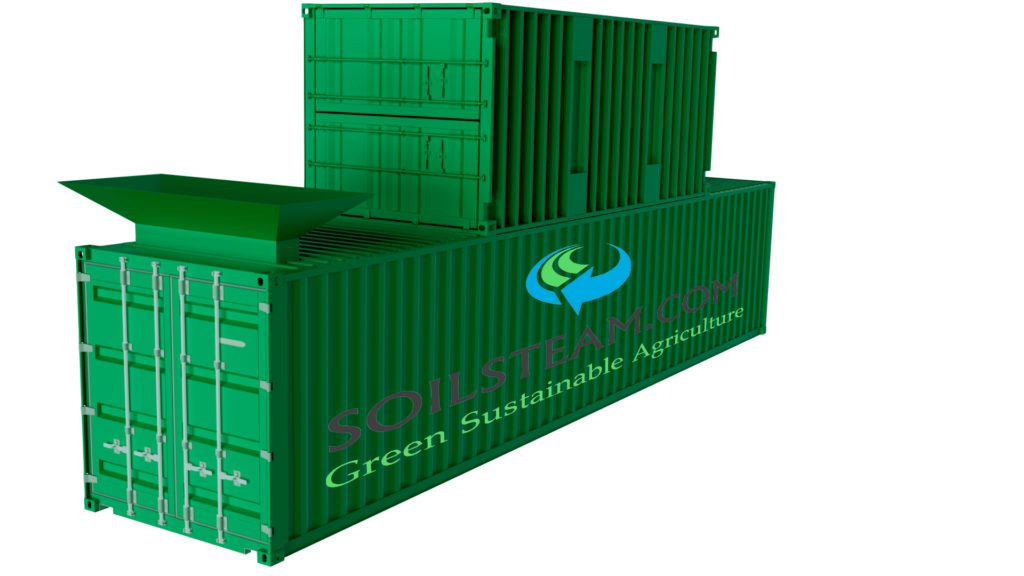

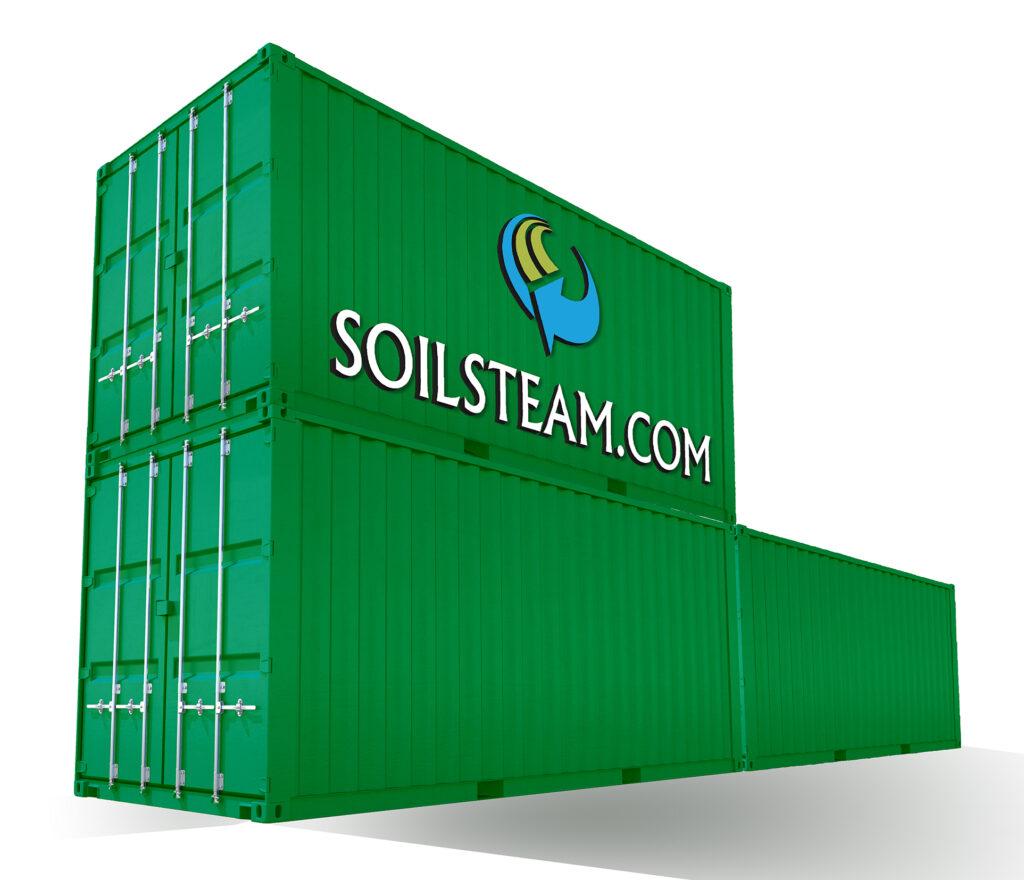
Blue freight shipping container isolated on white background. 3D illustration 
